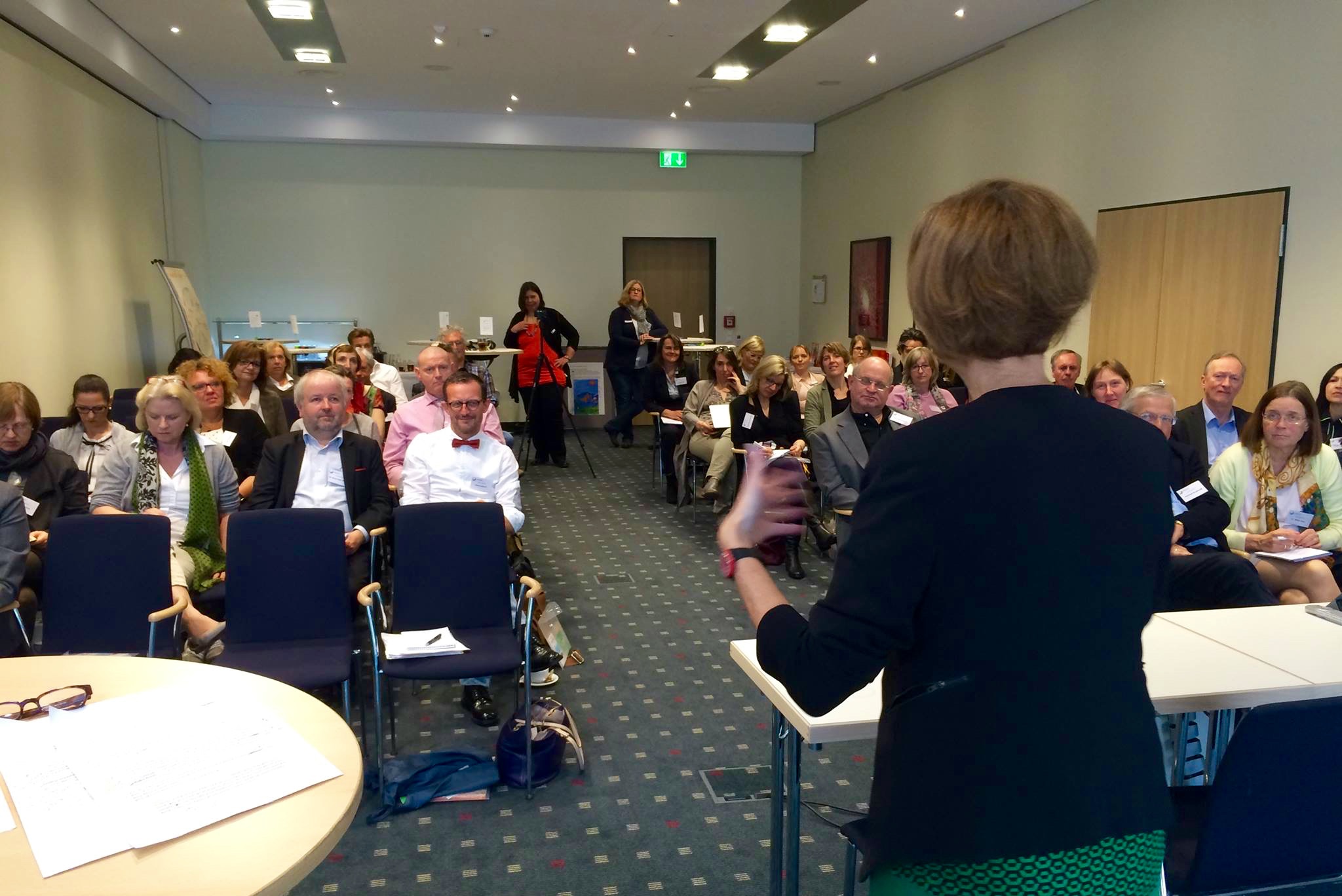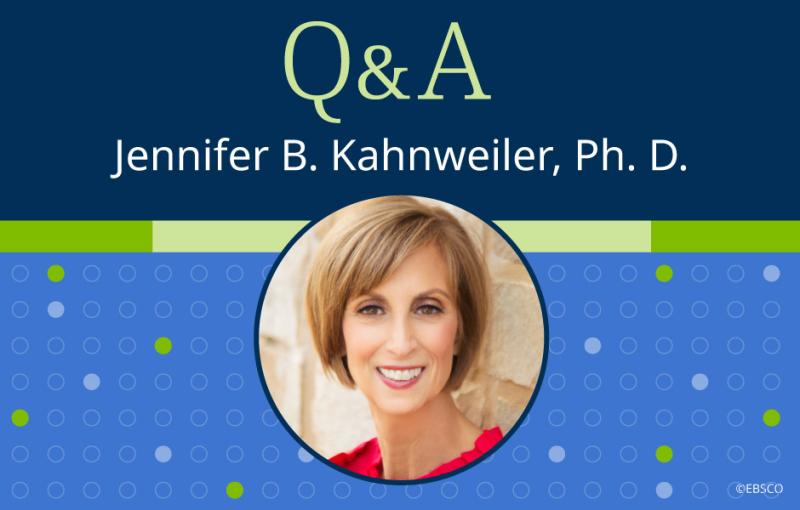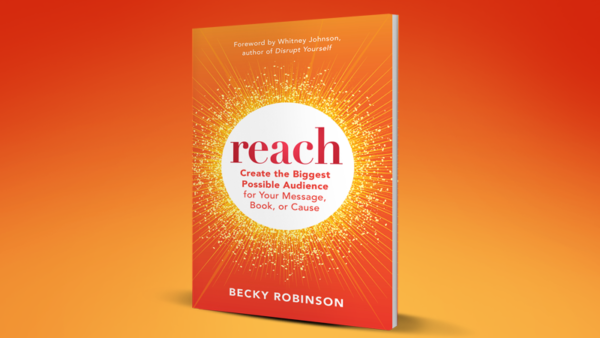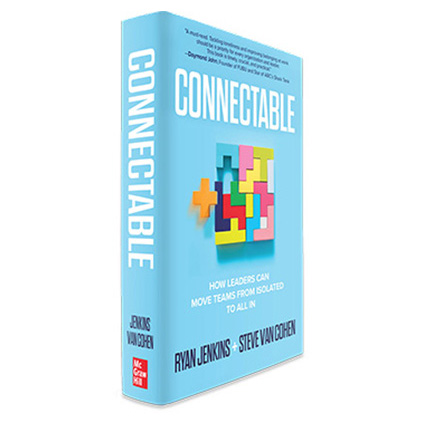If you are an author or aspiring author you probably know that marketing your book is as important, if not more important than writing the book itself.
Last month, Stephan Dietrich, Managing Director of my German publisher Junfermann asked me to share some ideas about book marketing at their first book marketing workshop for authors. I drew from my own experiences to highlight what I titled the “7 Myths of Book Marketing.”
A write-up is below. There is a also a video of the talk that is translated into German.
Do you have any other myths to add?
It was 2011 and I was scanning my inbox when my eyes stopped. An email from Richar Ruiz, former director of a university leadership program in Asuncion, Paraguay caught my eye. He had seen a video on YouTube discussing my book The Introverted Leader and based on that clip was inviting me to visit his country and speak about the topic of introverted leadership.
My next click was to do a Google search to find out exactly where Paraguay was! And my journey to South America began. The experience later that year, speaking at their commencement exercises, running a seminar for business leaders and visiting school children was one I will never forget and could never have imagined during the long process of birthing my first book.
Since then I have been fortunate to have left my home in Atlanta, GA to speak in a number of countries in addition to Paraguay including Germany, The Netherlands, Spain, Vietnam, Singapore, Australia and Canada about the topic of introverts and extroverts in the workplace. I did hope to reach more people globally when I embarked on writing books. These trips have changed my life and I hope I have also impacted people.
In order to reach my goal of speaking internationally I had to learn more about what sells books. Fortunately I had some knowledge to build upon. I learned about the value of marketing and public relations in building my coaching and training businesses over the years. You can also draw upon your past marketing experiences to successfully get your book out there.
Here are the 7 Myths about marketing your book with ideas about how to challenge them.
Myth # 1 – Start marketing when your book launches.
Actually you should start marketing your book as you are writing it. Why? Readers will be invested in your book before it is even published. If you are doing research for your book, reach out to your community with surveys and ask for interviews and stories.
You can also take content from the manuscript and divide it up into blog posts in order to raise interest. Social media can be a great tool to share content and mention the book (more about that later). Use your talks and workshops to “float” ideas and see what themes resonate with audiences. At my publisher Berrett-Koehler we poll people to get their ideas on book titles and cover designs.
Finally, have a plan to directly reach out to your contacts with updates about your progress on writing the book and how they can start to spread the word. You can prepare sample Facebook and Twitter posts to make it easy for your fans to spread the word. By the time of your book launch, people will be waiting and excited to buy the book as well as share it with others!
Myth #2 – See other authors as competitors.
Let’s face it. Other authors do write about our topics and it is natural to feel competitive. But instead of seeing this as a race where you are trying to get ahead look at it as a relay race where you helping each other to cross the finish line. You each can sell many books this way. How can you collaborate? With this mindset, your competitors can become your best allies.
A colleague told me about Susan Cain, who was writing a book about introversion called Quiet (which became a huge bestseller) and he made an introduction to her. We had several stimulating discussions; she gave me a cover endorsement for my book Quiet Influence and invited me to write for her blog. I promoted her work on my social channels and continue to do so. We both realized that our books supported each other in different ways. We have both benefited with press coverage, book sales and work opportunities. It has been a win-win solution. If you do this your readers will see you as a person who is more committed to your topic than promoting yourself.
Myth #3 – The website exists to list your offerings.
Your website is a credibility builder, not simply a sales brochure. You can feature excerpts from your book. It is also an important place to capture names and build your mailing list.
Your website is the place that prospective and current clients visit as well as the press. Therefore, your offerings should be clearly listed and easy to find. Your website should be dynamic and reflect your brand. If you have some euros to invest, pay for a good website design.
Consider putting your blog on your website so that your information is constantly changing and you are relevant to your readers. Your blog should be updated at least weekly. This will also help your search rankings.
Myth #4 – Social media and public relations is a waste of time and money.
It can be if you are not smart.
Social media is a key part of your book marketing strategy. A recent survey said that 89% of journalists turn to blogs when researching stories. 65% turn to social networking sites and 52% use Twitter as a resource (from Mastering the New Media Landscape, p. 58 (Berrett-Koehler, 2016) Barbara Cave Henricks and Rusty Shelton) your content and be sure to share others postings (this is the key to getting more followers and fans). See which sites your community prefers and focus on those sites.
Many people hire PR firms to help them with book promotion and then are very disappointed that this doesn’t lead to their book becoming a bestseller. The truth is that the key to becoming a bestseller is illusive but you increase your chances of book visibility by getting good PR.
Work with PR consultants as partners to plan and share your ideas about the best media targets and pitches for your book. Then ask for regular reports so they are held
accountable. Also remember that journalists can help sell your books. Be prepared for your media interviews and offer quality content. The media will return to you for quotes on stories in the future as well, keeping your book’s title alive well after the launch date.
Myth #5 – Speaking for free doesn’t sell my book –
Speaking for free gets you visibility and gives you practice so you learn how to talk about your book. Think of these as marketing opportunities. Be open to taking every chance you can to practice speaking. That is how you will improve and make yourself an in demand speaker.
When you present talks about your book you also hear what aspects of your book are most intriguing to people to include in future speeches. Always try to sell your books at these talks. Book clubs, special interest groups at companies and professional and community groups welcome the chance to have an author visit so think creatively about which groups would be most interested in your topic.
Myth #6 – Giving away books doesn’t sell books.
The expression “Quid pro quo” refers to “something for something.” People feel obligated to give something back to someone who has given them something. When you offer a free-signed book to a person who shows interest in your work, that person will inevitably mention the book to others. This is called “Pass Along Sales.” You can request that these people write a review of the book on Amazon if they liked it. This is very positive for your book’s rankings. Also don’t underestimate the impact of people noticing your book’s cover as your giftee reads their copy in your local coffee shop or on the airplane.
Myth #7 – Books won’t make you money.
Your royalty check might buy you a nice dinner but it won’t pay the mortgage. However, if your book is aligned with your business you have an excellent chance of securing business and developing long term client relationships. People looking for a coach, trainer or speaker will often contact a book’s author to ask about their services. Your book gives you instant credibility and offers the proof that is needed to demonstrate your expertise. Many authors have been surprised at what an excellent lead generator their book becomes. Johanna Vondeling, Vice-President Berrett-Koehler publishers refers to it as a “gold plated business card”.
So congratulations! You have accomplished what millions talk about but rarely accomplish. You have published a book to be proud of and you have done it with Junfermann, a great publisher (Stephan did not pay me to say that!)
I spent an unforgettable week in Germany; a trip I never could have envisioned when writing my first book. It is now the time to bear the fruits of YOUR labor and make a difference with YOUR book. Start by challenging these marketing myths and you are on your way to achieving results you never could have imagined.”





